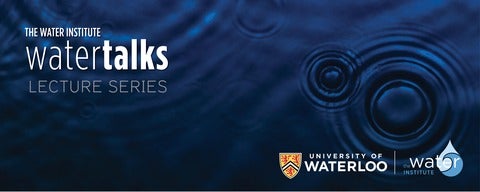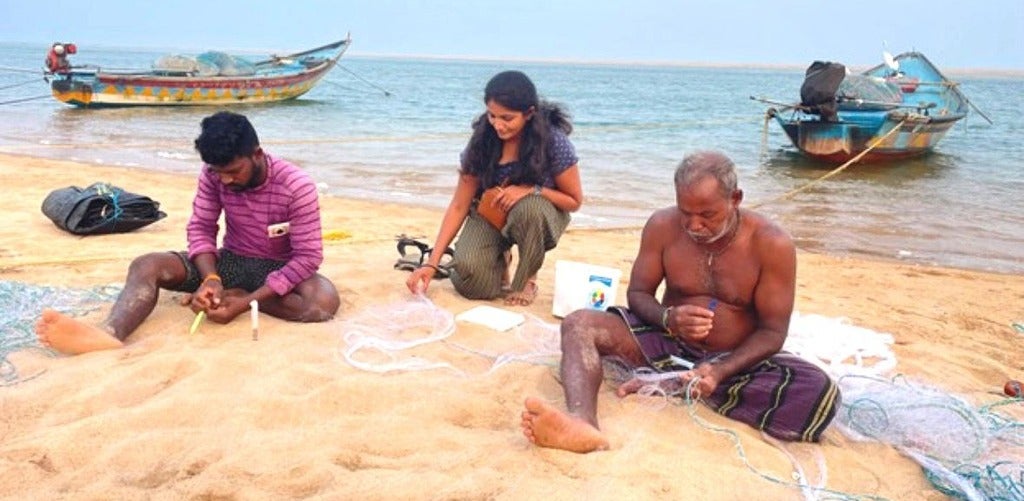Announcing the fall 2025 WaterTalks series
The Water Institute is pleased to launch its Fall 2025 WaterTalks, a three-part speaker series showcasing fresh perspectives on some of today’s most pressing water challenges. This year’s talks will span topics from groundwater use and the water–energy–food–poverty nexus in South Asia to advancing environmental justice and strengthening resilience to hydroclimate extremes.









